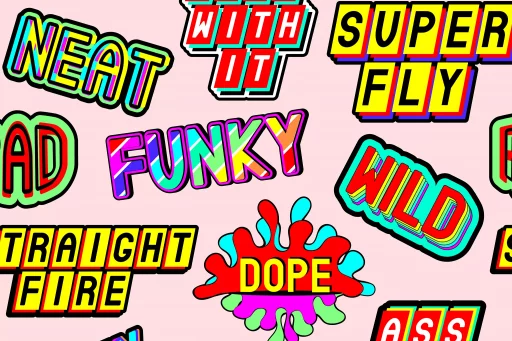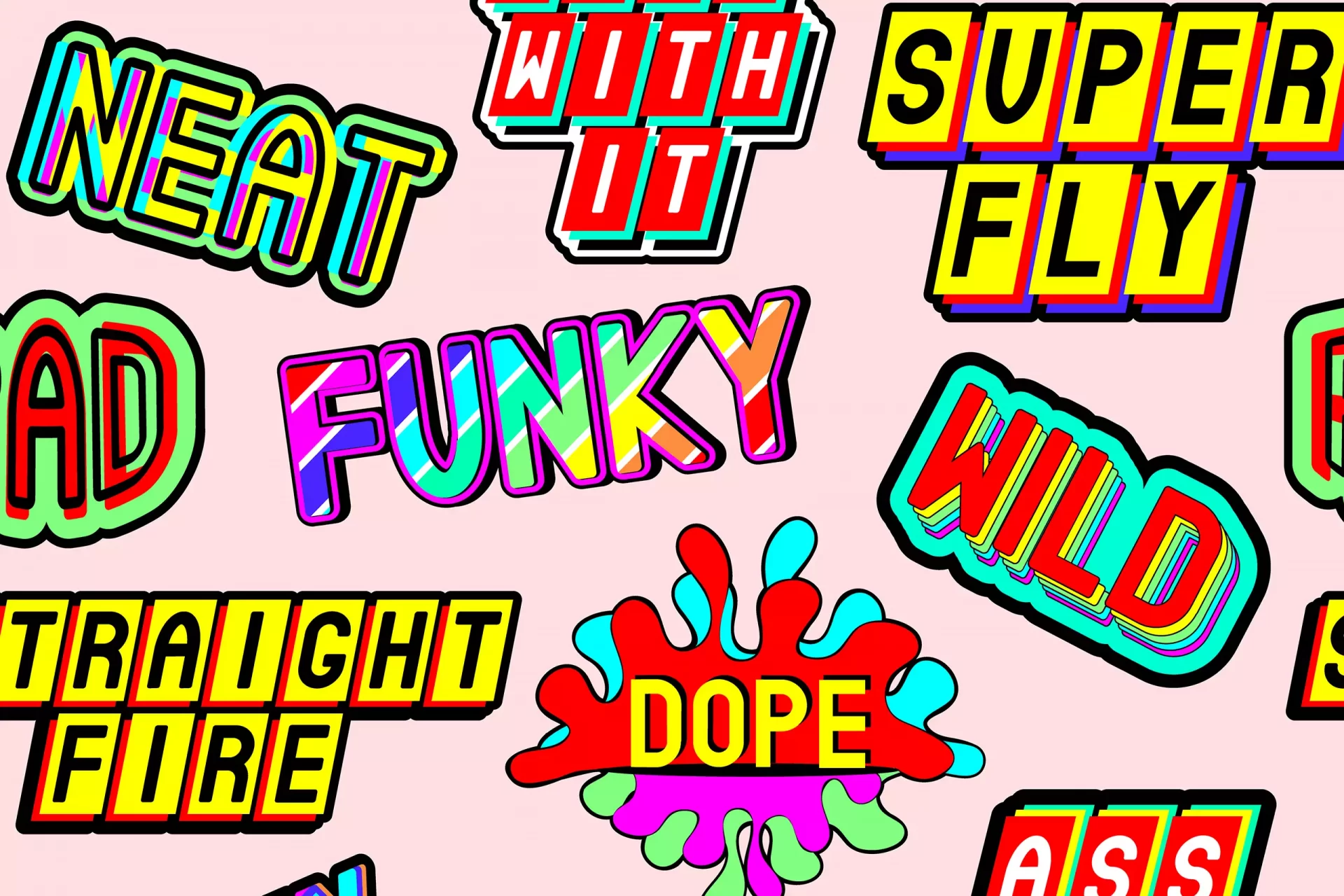Introduction
In the world of slang, words can have vastly different meanings depending on context and culture. One such word is ‘crack.’ While it originally has concrete meanings—relating to a physical fracture or the sound it makes—among certain demographics, ‘crack’ has emerged as a slang term with complex and layered interpretations. In this article, we will examine the slang meaning of ‘crack,’ its origins, cultural implications, and usage in contemporary language.
Origins of the Term
The term ‘crack’ has been around since at least the 16th century, predominantly used to describe a split or a break. However, in the late 20th century, ‘crack’ took on a new meaning within certain social contexts. It became widely recognized as a form of cocaine that is processed to make a smokable substance. This transformation of meaning signifies how slang evolves as societies change.
Crack as a Slang for Crack Cocaine
In drug culture, ‘crack’ refers primarily to crack cocaine. This highly addictive substance was popularized in the 1980s and led to significant societal issues, including increased addiction rates and crime. Users often smoke crack for an intense and rapid high, which is one of the reasons for its prevalence in many urban areas.
- Usage: “He’s been struggling with crack for years, and it’s taken a toll on his health and relationships.”
- Impact: The crack epidemic has led to widespread stigma and misunderstanding concerning addiction and drug policies.
Crack in Popular Culture
The impact of ‘crack’ on popular culture cannot be overstated. It has permeated music, television, and literature, often serving as a symbol of both rebellion and despair.
- Hip-Hop Music: Many hip-hop artists reference ‘crack’ in their lyrics to discuss the harsh realities of urban life, often highlighting themes of struggle and survival.
- Movies & TV Shows: Films like “Scarface” and series such as “The Wire” portray the devastating consequences of crack addiction, bringing awareness to the societal implications.
Social Implications of Slang Use
Slang terms like ‘crack’ often reflect deeper societal issues. The usage of ‘crack’ can be polarizing. For some, it evokes discussions about the war on drugs, systemic inequality, and the socioeconomic factors that contribute to addiction.
Statistics
The crack epidemic significantly impacted American communities, particularly in the late 1980s and early 1990s. Here are some important statistics:
- According to the National Institute on Drug Abuse, approximately 1.7 million people in the United States had a cocaine use disorder in 2019.
- The Substance Abuse and Mental Health Services Administration reports that African American communities were disproportionately affected by crack cocaine laws and sentencing.
Crack in Everyday Slang
While ‘crack’ is often associated with a specific drug culture, it has also found its way into everyday slang, serving as a descriptor for something of high quality or being superb. For example, you might hear someone say:
- “That concert was crack!” (meaning it was excellent).
- “This new gadget is the crack!” (implying it’s cutting-edge).
Conclusion
The slang term ‘crack’ is multifaceted, rooted in historical context and evolving meanings. Whether referring to crack cocaine or used to signify something positive, the term embodies the dynamic nature of language and culture. As society continues to grapple with issues surrounding addiction and substance use, understanding slang like ‘crack’ becomes vital for fostering dialogue and awareness.
By recognizing these layers of meaning, we can engage more empathetically with the communities affected by substance-related issues and contribute to more informed discussions about drug policy and recovery.






